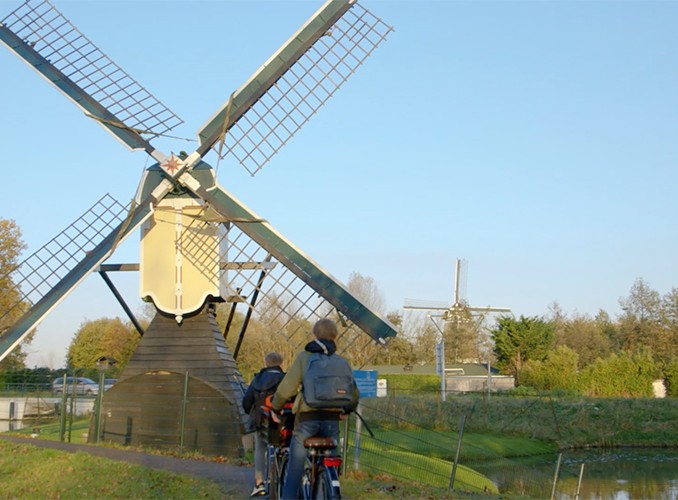What if you return to your country of origin after getting divorced? Can you take your children with you?
Globalisation is a process that affects many different aspects of people’s lives, and relationships is just one of these. Just imagine that, during the course of your stay here in the Netherlands, you meet a nice Dutch man of woman. Or, alternatively, that you go off to work in a foreign country where you encounter the love of your life. You decide to move in together and start a family. What happens if the relationship ends and one of the partners decides to return to their country of origin? More specifically, what’s the situation with regard to the children? And how do the custody arrangements work?
Two key elements: habitual residence and custody
First and foremost, the question is who has custody of the children. Custody is normally awarded in accordance with the children’s ‘habitual place of residence’. A child’s ‘habitual residence’ is not necessarily the place where he or she is registered, but, as the European Court of Justice has defined it, “the place where a person has established the permanent centre of his or her interests”. All the various circumstances pertaining to the case in question are taken into account in deciding where this place is.
If a child’s habitual residence is in the Netherlands, the rules of Dutch law determine which of the parents has custody of the child. If the child’s parents were married at the time of his or her birth, the parents are automatically awarded joint custody. If the child’s parents were not married, however, the general principle is that the mother is awarded sole custody. Even if the father has acknowledged the child, this does not imply – as many people assume – that the father is automatically entitled to joint custody. By acknowledging the child, a man becomes its legal father. Custody is something for which the parents need to make a joint application to the court. If the mother is not willing to make a joint application, the father must apply on his own behalf.
These are the rules as they apply in the Netherlands. Obviously, the rules in other countries may differ.
![]() A mother may unwittingly be guilty of child abduction
A mother may unwittingly be guilty of child abduction
Different procedures apply in certain countries, however. Here’s a recent case as a practical example: a Dutch woman was in a relationship with a Spanish man, with whom she had a child. Although the father acknowledged the child, the couple had not made any arrangements about parental authority and custody, which meant that the mother had sole parental authority over the child. After living in the Netherlands for some time, the couple moved to Spain. However, the mother found it difficult to settle in Spain and decided, against the father’s wishes, to return to the Netherlands with the child.
The father applied to a Dutch court for the return of the child, claiming that the mother had removed the child to the Netherlands contrary to his own custody rights and had hence committed an unlawful act. The mother, on the other hand, claimed she was entitled to do so as she had sole custody of the child. What the mother did not know was that, under Spanish law, if the parents live together with the child in a family situation, the father is automatically granted parental authority over the child by dint of acknowledging it. In other words, the father had automatically acquired parental authority when the couple moved to Spain, even though the couple themselves were completely unaware of this fact.
The child’s habitual residence had also changed, given that the parents had moved with the child to Spain with the aim of “establishing the permanent centre of their interests” there.
In other words, the mother had unwittingly abducted the child by taking it back to the Netherlands without the father’s consent. (Incidentally, the Court of Appeal decided, citing one of the grounds for refusal listed in the Hague Child Abduction Convention, that in this case the child should remain in the Netherlands.)
How does it work in your own specific situation?
If you’re planning to move with your child and would like to find out which particular rules apply to your situation, or if you have any questions after reading this article, please feel free to get in touch with me or any of my colleagues from the Family Law department.
Originally this article was written by Myrna van Wijk. She no longer works at RWV Advocaten (1-1-2017)






